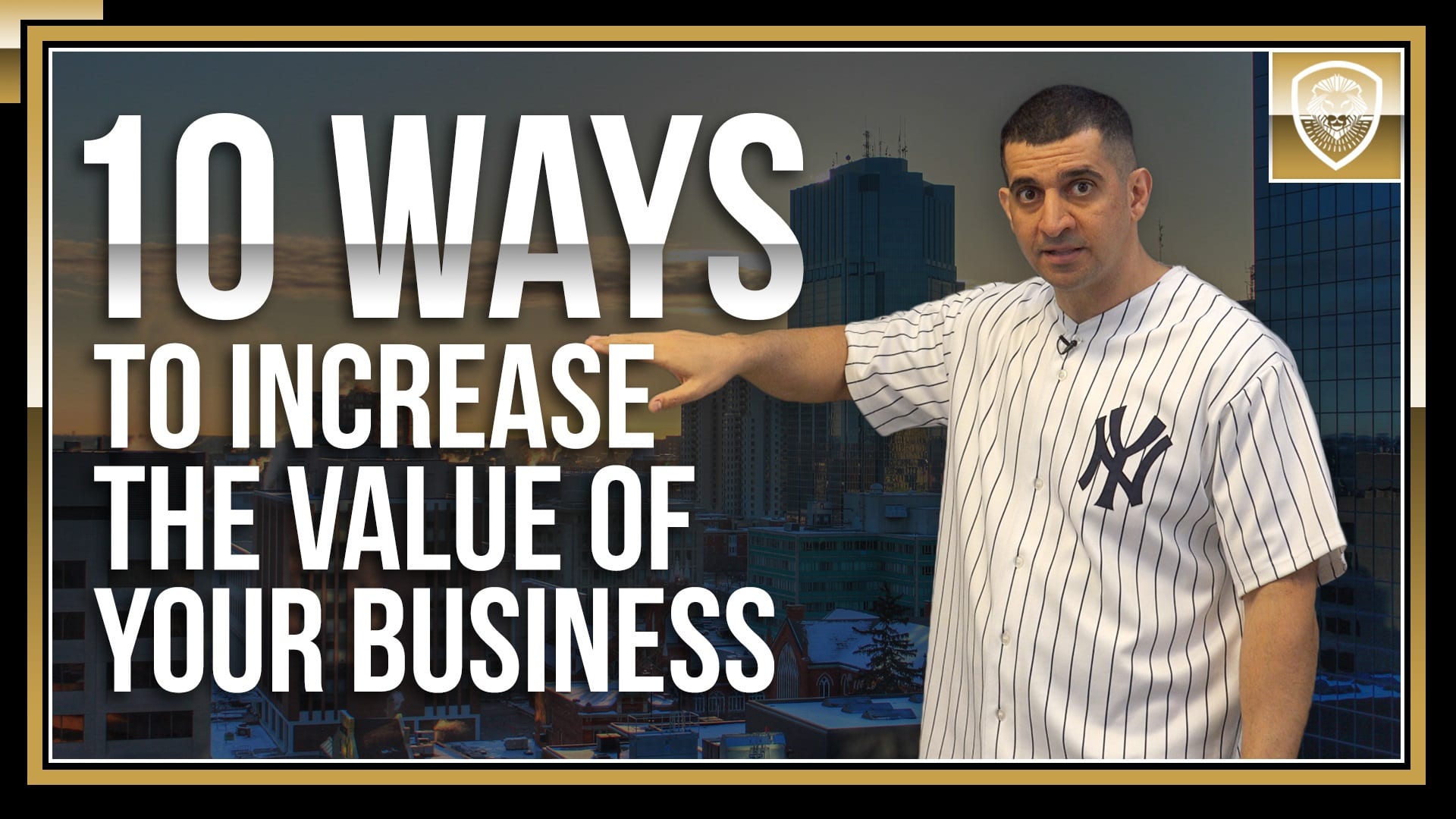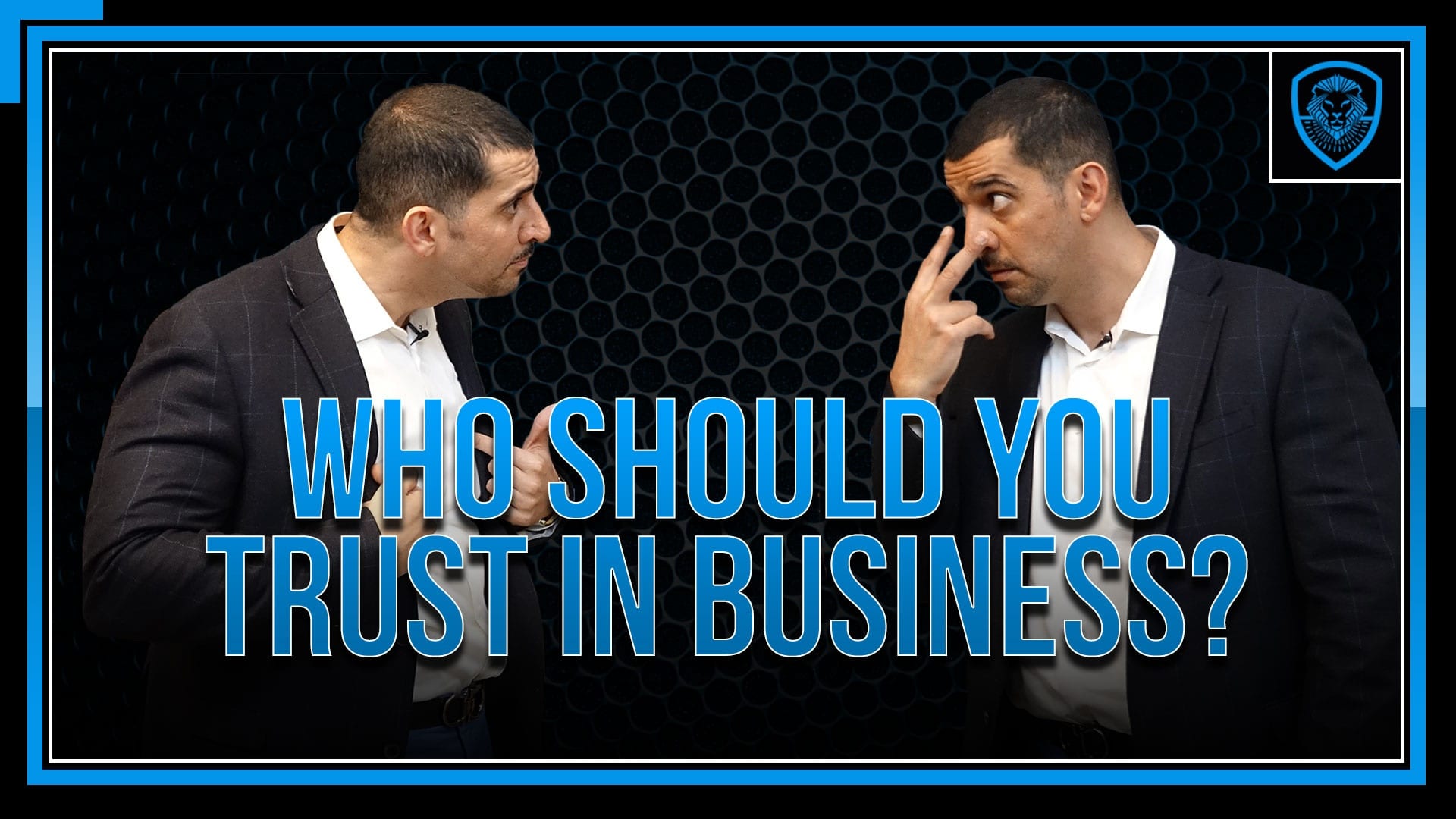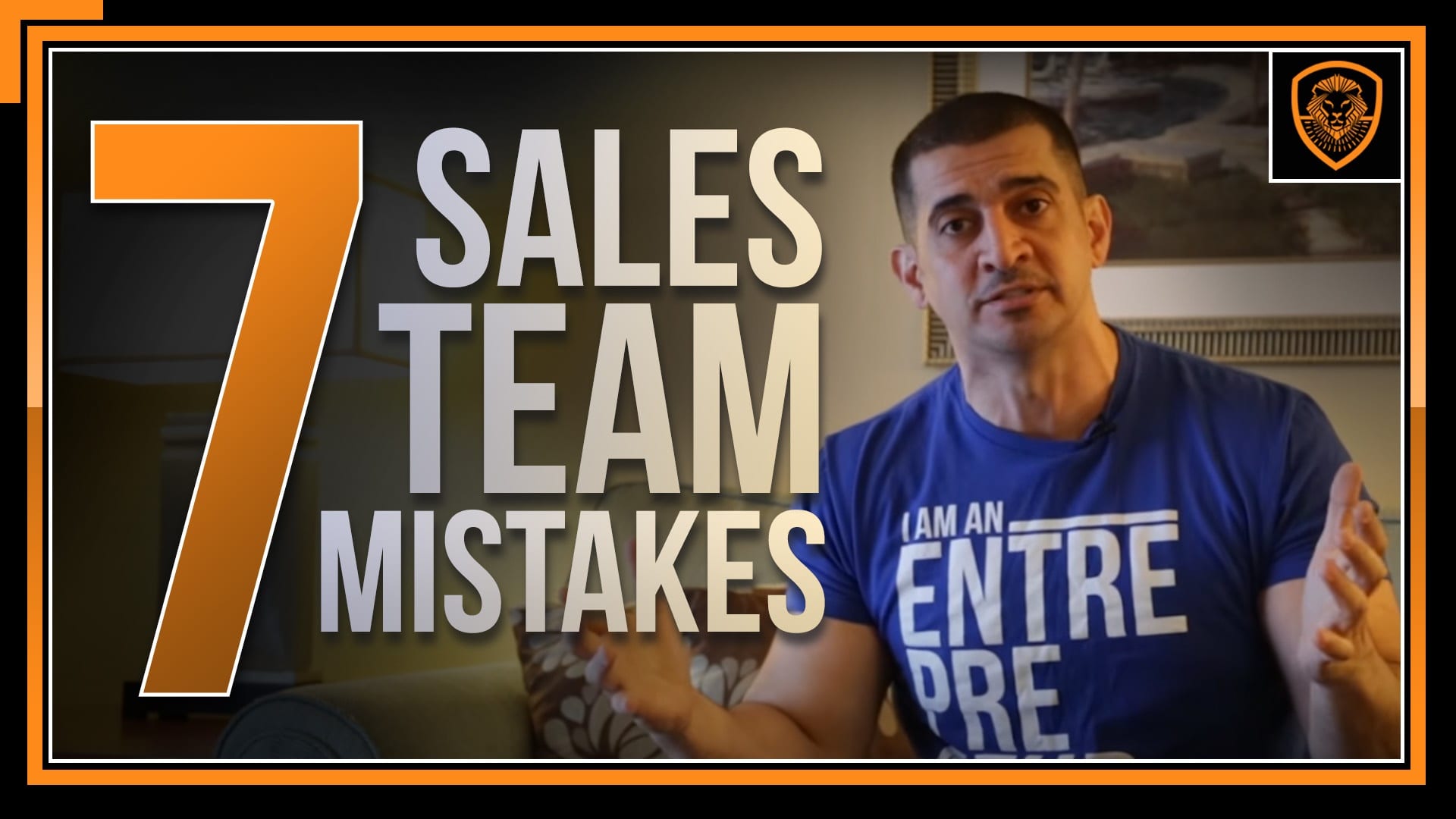In this article and video, I get into ten things you can do to increase the value of your business. But before I do that, to put things into perspective, let’s take a look at profit vs. value.
At the end of the year, a lot of people that run businesses like to take all the profit, pay taxes on it, and put the remainder in their checking account. They say things like, “It’s my profit. It’s my business. It’s my this or that.” Others only take what they need to live and invest the rest of it in the business.
Profit Vs. Value – 0:40
Here’s the difference between profit and value:
- Short-term focus (profit) vs. long-term focus (value)
- Working IN the business to make money now (profit) vs. working ON the business to increase value later (value)
- Instant gratification (profit) vs. delayed gratification (value)
- Sales mentality (profit) vs. CEO mentality (value)
- Independent contractor mentality (profit) vs. business owner mentality (value)
You see this a lot in business.
How to Increase the Value of Your Business – 1:04
I have ten keys for those of you who have the CEO mentality with a long-term focus.
#1: Technology – 1:16
If you run your business on technology, systems, and CRMs, these make things go faster. Instead of needing 200 employees to do things, because of technology, you only need 45 employees. Especially if you own the technology, people want to buy a company like that, which increases the value of the company.
#2: Focus – 1:53
I recommend the book, Built to Sell. Every entrepreneur should read this book because it tells you not to focus on selling your business. Instead, get focused with your business. Instead of focusing on multiple things to increase the value of your business, why not increase your attention on just a few things? I understand how tempting it is to think that if you do more, the value goes higher. It does not. The more focused you are, the more you increase the value of your business.
#3: Systems – 2:40
Next, a business that’s run on systems, not just you, increases value. You have to write out your systems. When new employees come in, what are the steps? You need to have step one, two, three, four, etc. documented. The same is true for everything in your business such as the steps to take after someone buys a product, when you follow up, and so on. Businesses built on systems and procedures grow in value because they have a life of their own without a human being. Now obviously, the business needs a driver, but the systems increase the value of your business to a whole different level.
#4: Strategic Partners – 3:32
The next way to increase the value of your business is with strategic partners. Strategic partners not only validate the business, they also increase the value of the business. Strategic partners say good things about you, and when it comes down to it, they bring completely different aspects to your business that you may not have yourself. So I think strategic partners play a very big role in increasing the value of your business.
#5: Recurring Revenue – 3:52
Next, recurring revenue is another way to increase the value of your business. Ask yourself what part of the business you have right now is recurring. What do you make every single month in your business whether you make a single sale or not? Recurring revenue produces the highest multiples.
#6: Supporting Cast – 4:09
The next way to increase the value of your business is supporting cast. Who’s around you? Who’s running the company? People that are driven by profits don’t invest in people, so the value doesn’t increase.
Listen in here for an example of how I’ve invested in people.
By the way, the more you invest into your supporting cast to help them improve, the more indebted they are to you. They’ll be more loyal and stay with you longer. You increase the value of your business when you have a better supporting cast.
#7: Data – 5:41
Sometimes you see companies that buy another company and they cut a big billion dollar check. You wonder why when the company’s revenue was only $50 million a year. This happens when they have access to a lot of data they need. So if you have data, that data increases the value of your business.
#8: EBITDA vs. Need- 6:11
Listen in here for what EBITDA is, and when you should focus on it versus need.
#9: Subscribership and Distribution – 7:45
Subscribership and distribution also increase the value of your business. What are these? It’s the audience, the number of eyeballs on your business. Subscribership is why someone buys a company such as Instagram that doesn’t know how to make money. They have an audience. There’s distribution.
So always focus on what you can do to increase the distribution, the eyeballs on your company.
#10: Stay Hands On – 8:26
And last but not least, stay hands on to increase the value of your business. A lot of times people take their hands off the business too early. At the end of the day, your job is to increase the value of your company. If you do, you’re a great CEO. A hands-on CEO or executive knows about what’s going on with the technology, product, and systems. They’re hands on with the data that’s gathered. They pay attention to distribution and subscribership. So always stay hands on to increase the value of your business.
If you have questions or comments about how to increase the value of your business, comment on the bottom. And if you haven’t yet subscribed to my YouTube channel, click on the button below to subscribe.







